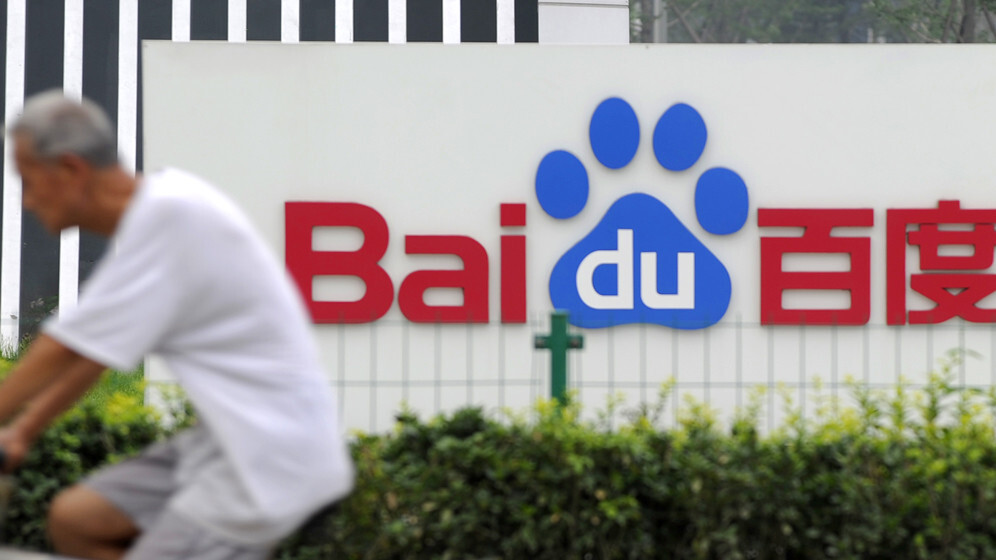
Chinese search giant Baidu has posted a 4.5 percent year-on-year decline in net profit to RMB2.64 billion ($430.8 million) for the second quarter of 2013, despite a 38.6 percent increase in revenue to RMB7.56 billion ($1.23 billion) from the same period a year earlier.
The company says it added 58,000 online active customers even amid intense competition from rival search engines in the market, particularly Qihoo. This could be attributed to Baidu increasing promotional expenses for its products, with selling, general and administrative expenses soaring 83.5 percent year-on-year to RMB1.08 billion ($175.7 million).
Baidu posted basic and diluted earnings per ADS (each ADS represents 10 common shares) of RMB7.52 ($1.23) and RMB7.52 ($1.22), respectively.
In an indication of Baidu’s focus on mobile paying off, the company’s CEO Robin Li noted that mobile revenues accounted for more than 10 percent of its total revenues this quarter, for the first time ever. It is worth noting that this means Baidu’s mobile revenue has already surpassed Qihoo’s entire revenue of $109.9 million for Q1 2013.
Baidu has been spending aggressively on investments recently as it seeks to pursue deals that will bring it more value, particularly on mobile.
Earlier this month, Baidu splurged a total of $1.9 billion to acquire third-party app distribution platform 91 Wireless — with a Baidu spokesman saying that mobile app stores are an important entry point to the mobile Internet, and are thus of great strategic interest to Baidu.
This spending spree does not seem set to stop in the near future, with Baidu’s Chief Financial Officer Jennifer Li saying: “We will continue to invest aggressively and remain committed to building long-term value for our shareholders.”
Baidu – once a monopoly in China’s search engine market with an 80 percent share – has been experiencing a rather surprising change in fortune as Qihoo’s entrance has posed one of the first credible threats to Baidu’s position. A report released early this month showed that Baidu has been experiencing a steady decline in its market share to less than 70 percent now. If rumors of Qihoo buying third-ranked search engine Sogou turn out to be true, Baidu has much to do to retain the vast lead it previously held or diversify its business.
The company has already taken steps to do so. Two months ago, Baidu announced it would buy PPS Video for $370 million, becoming China’s biggest video provider as it already owns iQiyi after buying a majority stake last November.
Image Credit: Liu Jin via AFP/Getty Images
Get the TNW newsletter
Get the most important tech news in your inbox each week.





